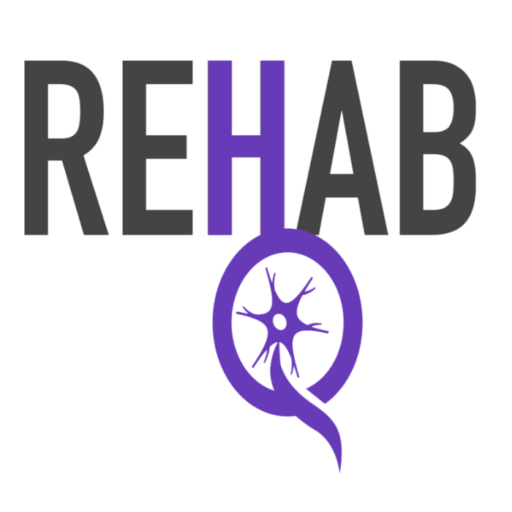Most likely you or someone you know will require stroke rehabilitation in their lifetime. The fact is, 700,000 people suffer a stroke each year (in the US) and two-thirds will survive. Of those who survive, post-stroke rehabilitation is critical.
What is Post-stroke Rehabilitation?
Post-stroke rehabilitation is the process of relearning skills that are lost due to damage to neurons in the brain.
Loss of movement/motor control
A stroke causes damage to neurons in the brain. If “movement areas” of the brain are damaged, you lose the ability to move.
Loss of sensation
A stroke may also cause sensory disturbances. The breath and scope of this “disturbance” is extremely broad. As a clinician, is see a wide degree of “sensory disturbances”. On one end of the extreme, someone might present to the clinic with the inability to feel touch, to feel pain, and loss of proprioception (sensation of the body’s position in space). On the other hand, it is very common for a stroke to cause hypersensitivity of sensory nerves. In these cases, a stroke survivor will complain of severe pain, tingling, burning, and itching.
Communication Problems
Again depending on the area of the brain effected by a stroke, some stroke survivors will lose have communication problems. This may include the inability to speak or understand verbal and/or written communication.
- Aphasia – This is the inability to speak and/or understand what people say. This may also include the inability to read and/or write.
- Dysarthria – Dysarthria is muscle weakness in the face, mouth, and throat. This weakness makes it difficult to speak clearly. This can cause the speech to sound slurred, slow, or soft and make it difficult to understand.
- Apraxia – Apraxia is when you lose the ability to coordinate the muscles in the face, neck and throat.
Cognitive (thinking) Problems
A stroke may also cause problems with memory, planning, learning new information and awareness.
- Anosognosia – is the inability to acknowledge or have the awareness of the physical impairments that have resulted due to the stroke
- Neglect – is lack of awareness or attention to side of the body that is effected by the stroke
- The inability to plan out and execute a task.
